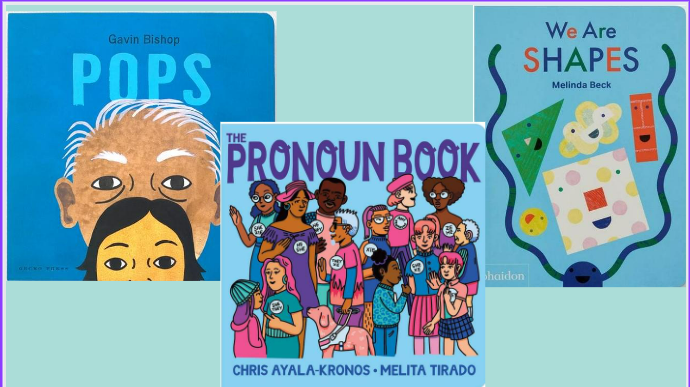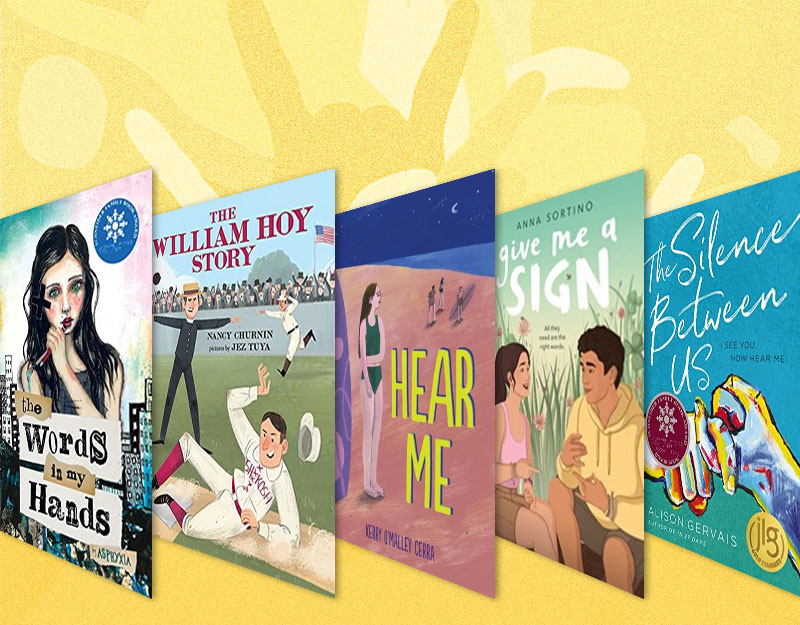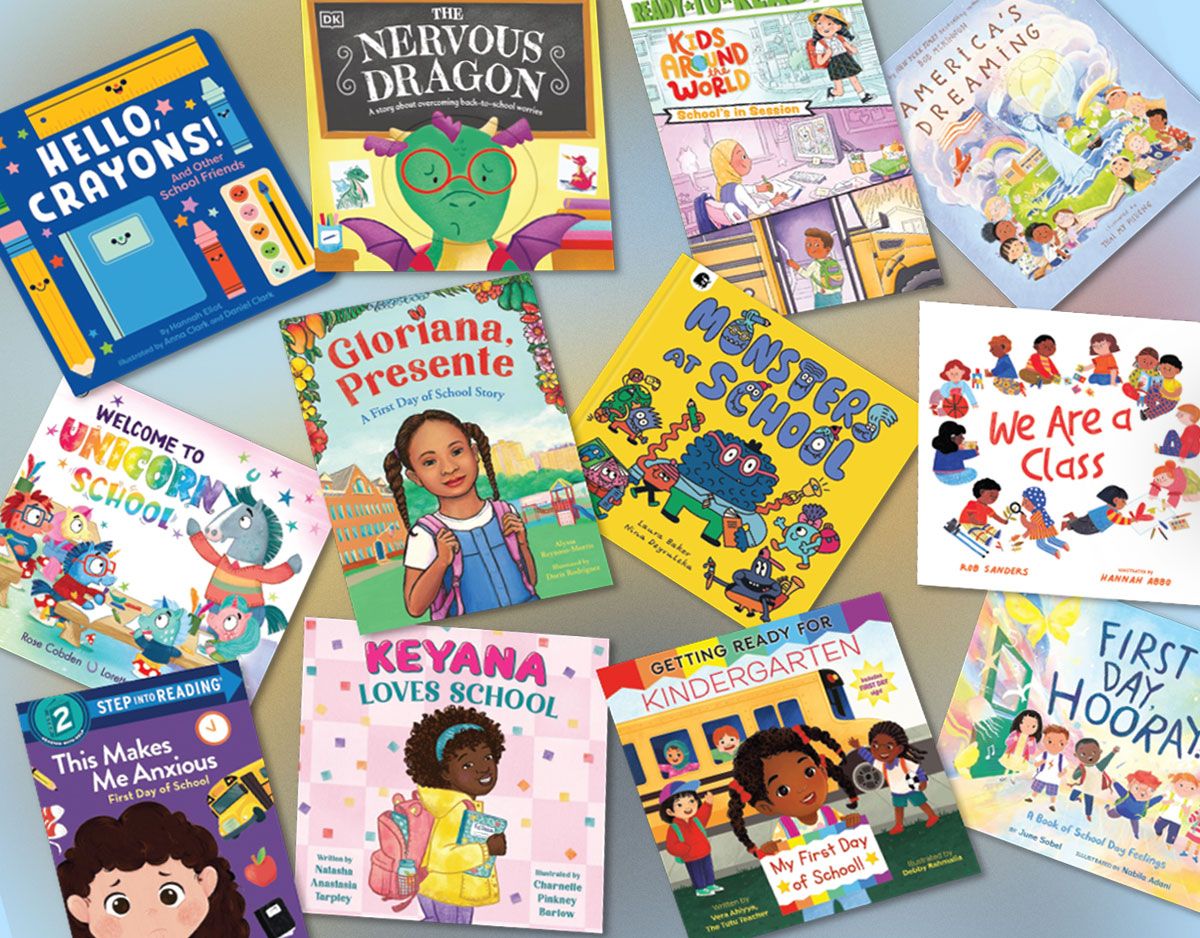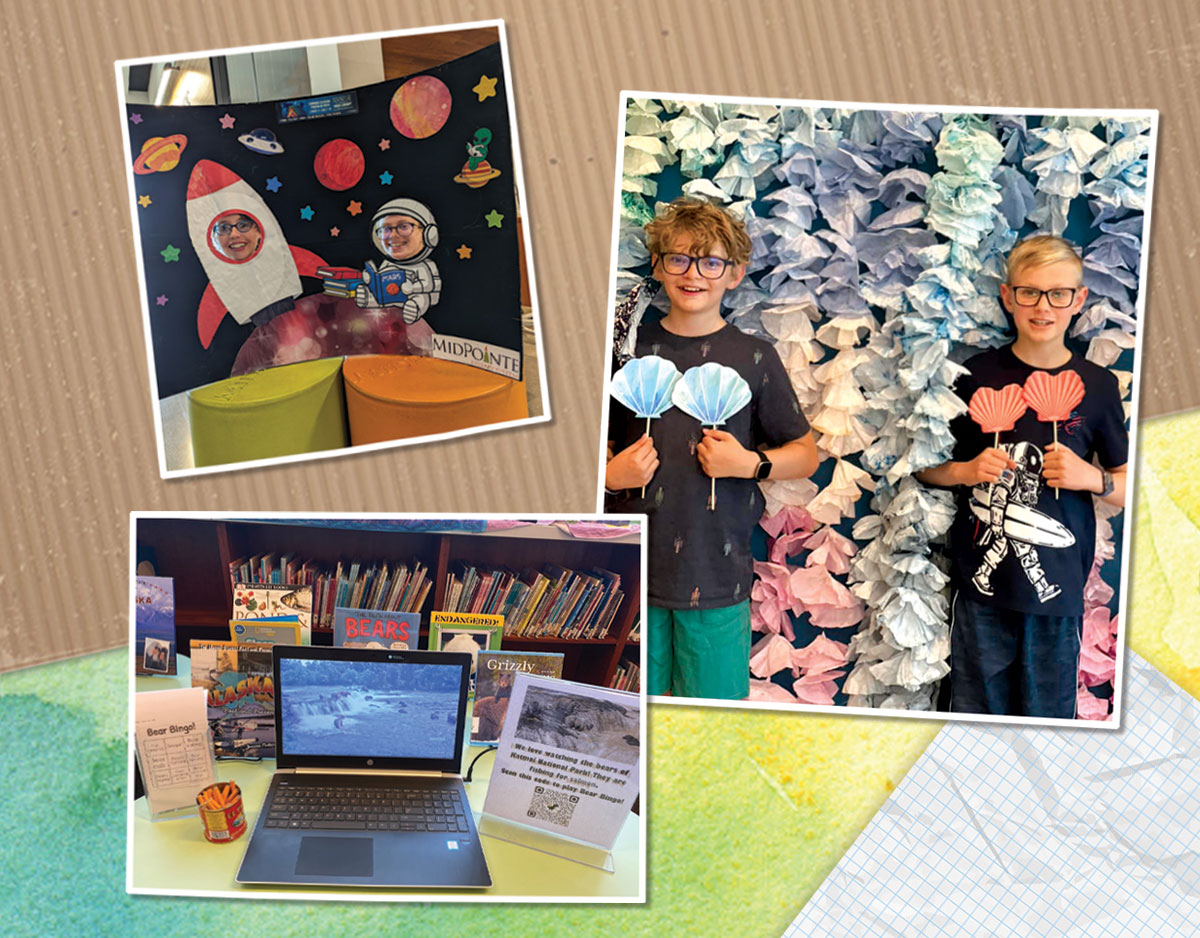#MHYALit Guest Post – Survivor’s Guilt: The Aftermath of Grief by Sherri L. Smith
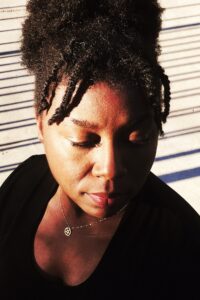 When he killed himself, we didn’t know what to do. It was the first suicide to touch my life. I didn’t know him very well. He was tall and lanky and reminded me of that actor, Vince Spano. He had warm brown eyes, brown hair, and an easy smile. I’d liked him instantly. He’d seemed so at ease with himself—a rarity in high school. Then he was gone.
When he killed himself, we didn’t know what to do. It was the first suicide to touch my life. I didn’t know him very well. He was tall and lanky and reminded me of that actor, Vince Spano. He had warm brown eyes, brown hair, and an easy smile. I’d liked him instantly. He’d seemed so at ease with himself—a rarity in high school. Then he was gone.
We circled the wagons around his girlfriend. Word went around that we’d be meeting at the diner down the street after school. It was a bit odd—he hadn’t gone to our school, and she was the one who introduced us to him. Yet, somehow, a bunch of us showed up, cramming into booths and milling around in front of the mourner-in-chief. That’s the way it was. Like she was a sad flame and we were all drawn to it, fanning it with our wings. Catching fire.
ADVERTISEMENT
ADVERTISEMENT
I sent my brother home with a message for my mom, that I’d be late that day. It never occurred to me what fears she’d faced, knowing where I was, and why.
We drank black coffee and heard the story. How it had been a sunny day, how he was known to disappear for days at a time, and come back happy, as if nothing had happened. How they’d found him in the garage in a car, the engine still running. How he’d had to walk through the sunshine to get there.
We all went to the funeral. We got permission to leave school, scrambled to find suitable black clothes, and rode buses and trains to the funeral parlor. Only a few of us had cars. I remember the funeral home was a desolate place left over from two decades prior. Dusty silk flowers, ornate yellow wallpaper. And a blustering nightmare of a man in a black leather trench coat and suit laughing heartily in the foyer, swapping jokes with the front office staff. He fell silent when someone hissed at him from the chapel. We hesitated in the lobby, staring the man down until he retreated. Then we conferred in soft whispers. What if it was open casket? It wouldn’t be. Suicides are never open casket.
We flanked the girlfriend, ready to respond should she faint, and entered the parlor.
His eyes were stretched closed. The coffin open. We staggered, stumbled, one entity, Youth in the face of Death.
A skeletal old man with a cane leapt up from his aisle seat as we approached the casket. He clutched at us with a bony hand and said, “Why? Why did he do this? Do you know? Why!”
We could only shake our heads and control the wild fear galloping through us. Cerberus let us pass.
It didn’t look like him. He was caked in make-up. His eyes were still slightly open. No one knew what to do. Do we pray? Do you touch him? I don’t remember what we did. We stared, we shivered, we retreated.
We sat through the speeches and prayers. We fled to the gaudy little powder room with its gilt mirrors and Marie Antoinette-inspired settees and flocked wallpaper. We used the rough tissues provided by the funeral home. We washed our hands. And we went back to our lives.
But grief doesn’t end so easily.
We were teenagers. We knew suicide can be part of the deal. In fact, while his was the only suicide I knew from high school, my college years were dotted with deaths. Not people I knew, but it was always a concern. The University would send resident assistants around to talk about our feelings and gauge the likelihood of an outbreak. I didn’t know back then that suicides often inspired other attempts. That wasn’t the case with us. My group of friends, we were the survivors. And survivor’s guilt is a strange experience.
First off, you’ve done nothing wrong.
Okay, you didn’t see the signs. You didn’t save anyone. So, maybe you should feel bad.
And then, what about the way you thought the world was shaped? How the deceased was the most comfortable of anyone in his own skin? That was a lie, apparently. And if you couldn’t detect that, then how can you hope to navigate anything in the real world?
And Heaven forbid you ever pondered suicide, now: you’ve see what you’d leave behind. Devastated old men who clutch at straws looking for answers. Horrible businessmen disguised as morticians, bursting in like cold winter air on the heat of your family’s grief. Your funny, sophisticated, self-assured friends, suddenly revealed as little more than children, huddling together and feeling all alone.
I was still a freshman in college when news came of another death. This time, it was someone from my circle. An accident, they said. Drugs they said. Two guys down by the lake, high, and they fell in. But only one of them could swim.
I came home from class one day to a voicemail from my mother reading the incident in the newspaper in a sonorous, evening anchorman voice. I deleted the message. But I listened until the end. It’s still unclear what happened, but it changed the survivor. I think he might have dropped out of school for the semester. He spent his time traveling from college to college, visiting the other boys in their close knit knot. Mourning. Explaining. Apologizing.
There was a house party at Christmas, a belated wake.
And we drank, and howled, and raced around grinning and crying and give toasts to our lost boy. And eyeing each other sidelong, shyly. Wondering who was next. We all had our own problems. We all did stupid things here and there. We were 17, 18, 19. Those are the mistake years. How would we know when we were making the fatal one? Would it be too late to stop it?
My husband is a survivor, but his stories are from a distance. He grew up in Newtown, Connecticut. On a terrible day in December 2014, when a gunman opened fire at an elementary school, I sat in my car listening to the radio, disbelieving the news. And then he called me. “That’s my school,” he said.
We’d had a similar conversation six years earlier, when another gunman at another school, opened fire, killing 32 people. “I know that building,” my husband said. He had graduated from Virginia Tech years before.
ADVERTISEMENT
ADVERTISEMENT
We went back to his college campus and walked the paths between the bluestone buildings while he pointed out where the massive snowball fight had taken place, and the window where they had lowered someone’s bed down to the lawn. He wanted to go back to Sandy Hook Elementary, but the town tore it down before we could make the trip. “That’s my childhood,” he told me. And he wanted some of it to remain, to still be good for all the years that it had been, until that terrible day.
Ashes remain. That’s the crux of it. Ashes. And it might be years before anything good can grow in that spot again.
The thing about grief is it’s always fresh. You just have to tap into it.
When my dog died, I ran away. I was fifteen and I didn’t go far, just the farthest corner of the house, to avoid the pain that followed me anyway. It haunts me that I ran away. She couldn’t run. My mother stayed and bathed her with cool water and stroked her fur until she passed. I sat selfishly in the back bedroom of my grandparents’ house, wailing over the unfairness of it all. I still sit on the bed and cry about it sometimes. Only now, I see I was the one who had been unfair.
Death walks by us and we turn our heads away. Death sits next to us and we close our eyes and hope he moves on. But when he does, if we’re still there, we are changed.
Pasadena is about the aftermath. It’s about the death of a friend. There are so many ways to lose people and the story’s heroine, Jude is like that old man at the funeral, clutching for answers, demanding to know what happened, and why. Books are simple. Life is not. Grief doesn’t go away, even with answers. It just climbs onto your shoulders and you get used to the weight after a while. But it’s always there.
Filed under: #MHYALit
About Robin Willis
After working in middle school libraries for over 20 years, Robin Willis now works in a public library system in Maryland.
ADVERTISEMENT
ADVERTISEMENT
SLJ Blog Network
Top 10 Posts of 2024: #10
Fuse 8 n’ Kate: Carol of the Brown King by Langston Hughes, ill. Ashley Bryan
Exclusive: Papercutz to Publish Mike Kunkel’s Herobear | News and Preview
The Seven Bills That Will Safeguard the Future of School Librarianship
ADVERTISEMENT



